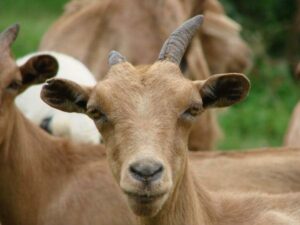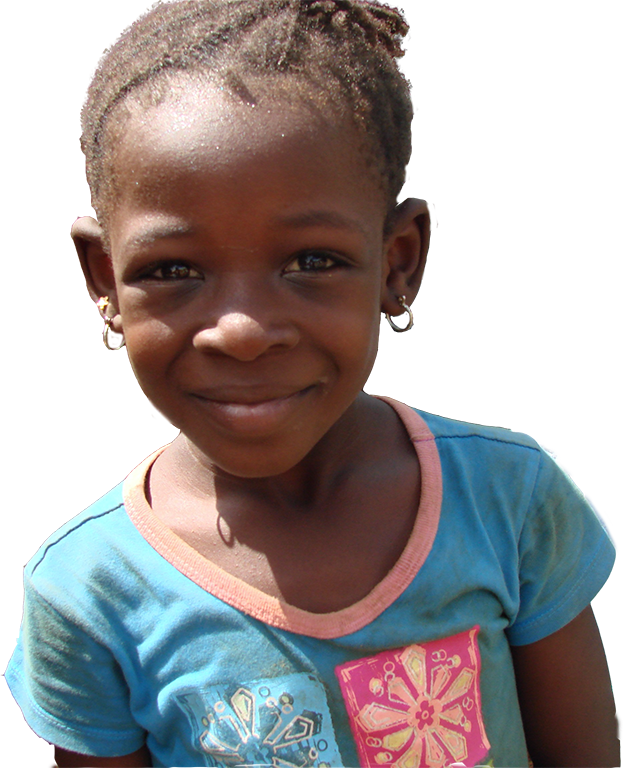Smallholder Farmers

The Challenges of Raising Goats
Despite the growing demand of the local and nearby urban customers for meat and goat milk and the existence of crop residues and forages small crop farmers are hesitant to dedicate time and resources to improve their flocks due to their poor genetic potential. No matter how well they are fed they will not grow beyond their genetic potential.
Breeds with increased size and growth potential require a significantly increased nutritional base and will not perform to their potential under the current management conditions. Both factors, genetics and nutrition, need to be changed concurrently. This is a difficult step to take successfully without outside professional support. This project provides genetic and nutritional technical support through the collaboration of the University of Segou, Mali and U.S. agriculture extension volunteers.
We help by providing technical information and trainings on grazing and feeding methods for livestock that are non-competitive and complementary to local cropping and vegetable nutrient systems and encourage symbiosis. Too often, farmers in the developing world are cut off from technologies and innovations that can improve their productivity and quality of life. Farmers have the proven strength and resilience to lift their families and communities out of poverty, but they need access to the best practices available.

